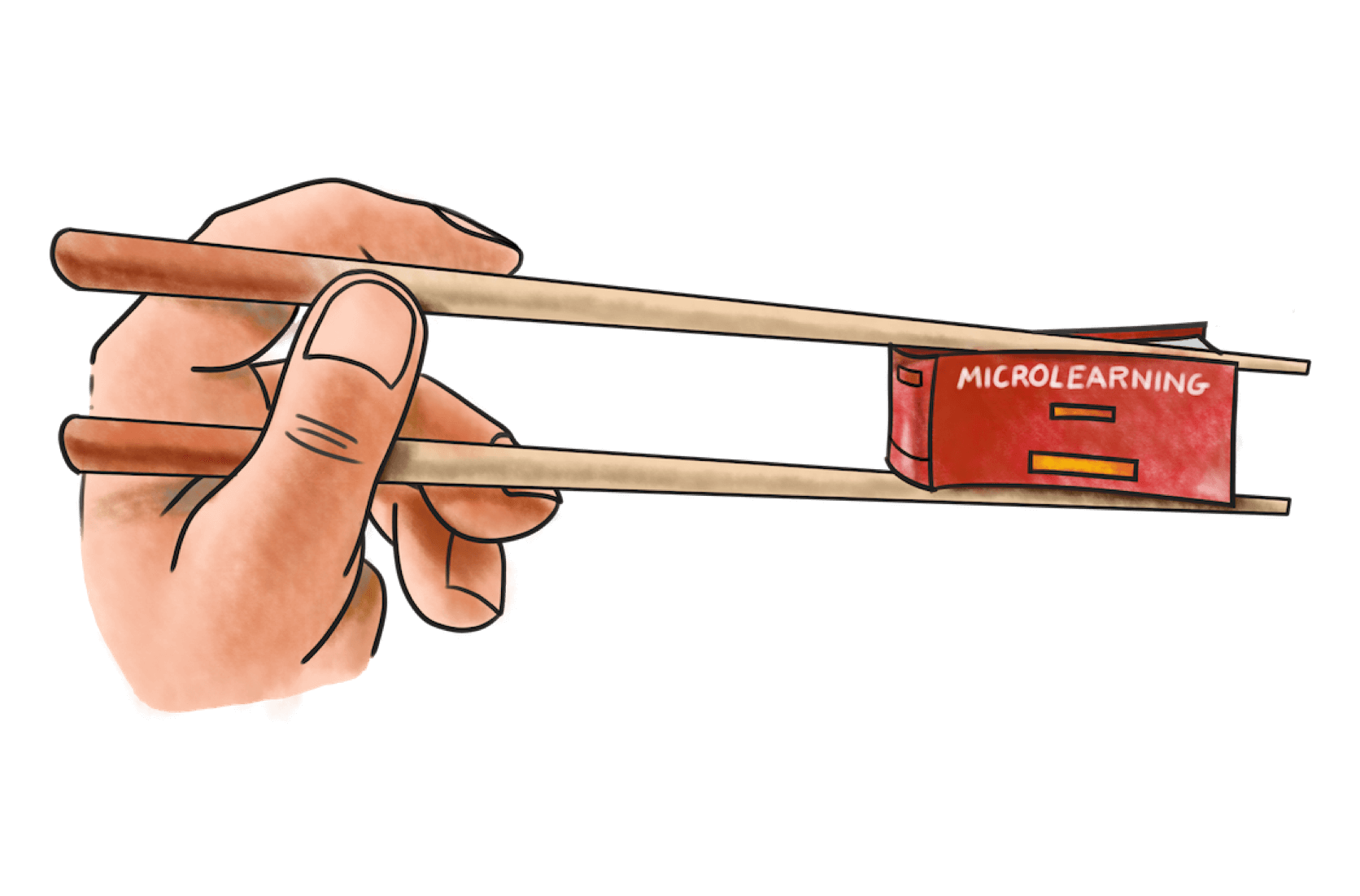
The growth of humans into who we are has been a long succession of Leveling Up – or more specifically, making mistakes, learning from them and making different choices next time for better results.
At Yarno we’re all about Leveling Up – whether that’s our products & services, our clients or ourselves. We have an internal saying: Ever forward: progressionism is better than perfectionism. It’s our catalyst for getting out of ruts and moving forward on difficult projects, and also our mantra for embracing a Kaizen approach to life–long continual improvement.
As our Head of Content, it’s my job to always be challenging and improving how we teach our learners. Yarno’s northern star is solving problems through behaviour change, because behaviour is the root cause of all problems. So I’m always thinking about how we can evolve and adapt our content writing and delivery platform to more effectively achieve that result.
It’s not a stretch to use Yarno to reinforce knowledge. Indeed, that objective was our MVP (startup jargon for Minimum Viable Product) And we’ve done some deeper thinking on how to write effective multiple choice quizzes to do just that. But we want to go further.
The Yarno platform is not one thing – it’s an evolving belt of learning tools that can be applied to different needs. And it’s not done growing. In fact, it’s just begun.
Right now, the Yarno content and product teams are chasing this line of thinking:
If our chief pursuit is behaviour change we need to move beyond knowledge and delve into consequences that result in critical thinking that drive choices.
For all the advances of the modern world our power of critical thinking is arguably no further along than it was 2,500 years ago despite the fact that the techniques and tools to become critical thinkers have never been closer at hand.
At Yarno we spend a lot of time challenging our own critical thinking – by talking and reading and sharing. Two of our current favourite resources for challenging ourselves include Shane Parrish’s Farnam Street and David McRaney’s You Are Not So Smart
And lately I’ve been thinking about one of the OG critical thinkers, the one who first experimented with the idea of using only questions to instruct. I’m talking about the one-and-only, Socrates.
According to Plato and Xenophon – two of his students – Socrates pioneered a radical method of guiding his pupils; his approach was to challenge their thinking by asking them only questions, starting with a premise and then guiding them through cognitive gates framed by question and response until they arrived at their own conclusions.
The insight that we distill from this idea is that a lesson is better learned when the learner discovers it for themselves. And in this model, the role of the teacher is not to instruct but to facilitate their student’s discovery.
Okay, swell. What does that mean for Yarno?
Well, let’s think about Socrates for a moment further. What did he actually teach? Or more specifically, what information did he impart?
Well… none really. So what was it that prompted his students to learn the lessons they did?
The truth is that all lessons can only be learned through the experience of the sacred mistake. We screw up, we endure the consequence and then we make a different choice next time to level up. It’s been the same since we were dodging lions on the Serengeti.
And the world is still a harsh and unforgiving place. So how can we make mistakes safely? Answer: we can simulate them.
This is what Socrates did for his students; he created verbal constructs that allowed his students to step through their own choices and mistakes, adjusting their decisions in response to the consequence he presented until they arrived at the logical conclusion.
This is what I believe the Yarno platform will do in the near future.
By incorporating questions that ask learners to make a choice and then presenting them with only the consequences of their choices we create a simulator for our learners to get critical with their thinking.
I like to think that this approach would be a modern parallel to Socrates’ method to teaching.
This idea is not mine. We are inspired by the work of Cathy Moore, instructional designer, extraordinaire, and others.
And as the Yarno platform exists currently we can do this to some extent. In the future we’ll be able to embrace it even more wholly as new features come online.
We believe the ultimate future of innovation in workplace learning is not in providing ever more clever ways to deliver information dumps, but rather, in pioneering avenues for our people to make their own sacred mistakes in a safe, low risk way, so that they can shift their behaviour before real consequences arrive!
We are committed to this and many other pursuits.
Level up.
To learn about the big impact little bites of learning can have, download our microlearning white-paper.








































































































